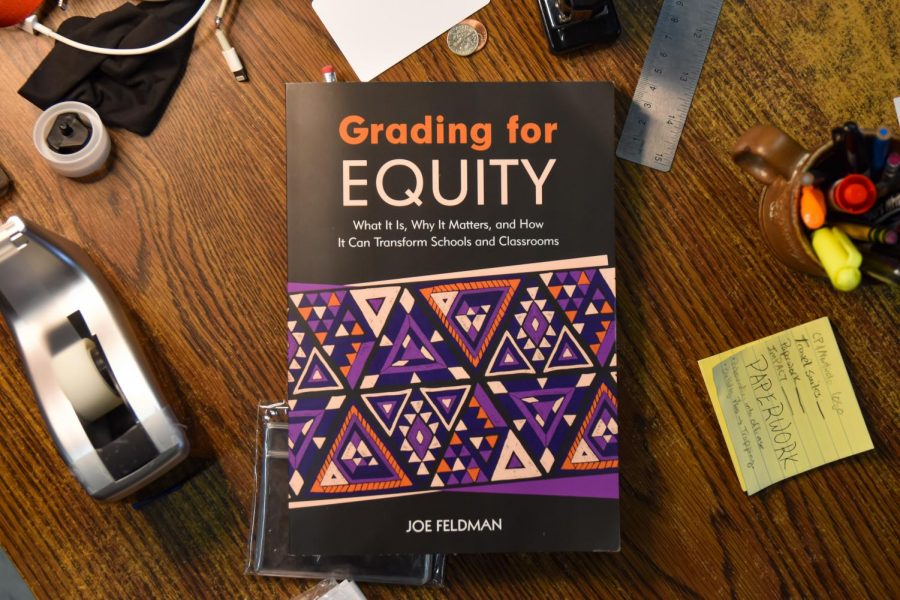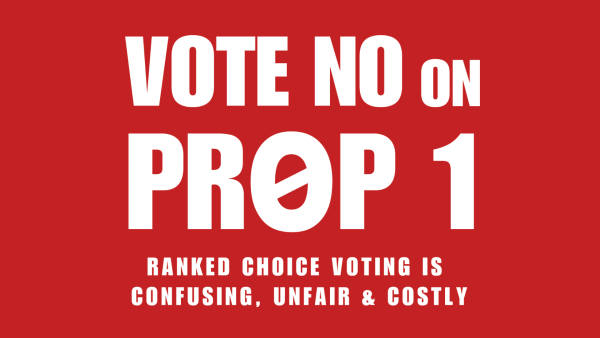GRADING FOR EQUITY
Staff members are discussing a new way of grading during weekly meetings
This school year, the staff at Sandpoint High School is reading the book, “Grading For Equity” by Joe Feldmen, which could have an impact on the way students are graded.
Every Wednesday, staff and administrative members participate in “professional learning communities”, also known as PLCs, in order to try to improve or reflect on their teaching styles. After participating in a conference last year and discussing with some teachers, former principal and current superintendent, Tom Albertson, introduced the book “Grading For Equity” to the staff. This book is now the focus of the PLCs every Wednesday. Teachers discuss its content, their opinions on the book, and whether or not its ideals should be implemented here at the high school.
What is grading for equity?
Grading for equity is the idea that the teacher has a big impact on a student’s performance, and that in order to be equitable, there must be a fair standard that every teacher must follow and grade by. Another phrase that is being used alongside it is, “mastery-based learning”, which is just that, a system of teaching and grading that is focused more heavily on students mastering topics, rather than meeting deadlines or getting points.
Some core beliefs of the book state that everyone should be graded on a 5 point rubric type scale for all assignments. That way teachers can look at a rubric and grade students based on the same system, rather than have students take differing courses each year with different teachers who gade in different styles. The author, Joe Feldmen, is ideally attempting to achieve consistency throughout schooling so everyone is graded without a bias. Some other principles state that a teacher should never give extra credit, but that students should be allowed to retake a quiz or test as many times as they want, or turn any assignment in late.
There is no way everything about education can be equitable, however. Albertson notes this fault.
“Take an essay. Is the style what this teacher likes? Or is it not? I would say that is a little subjective.” said Albertson.
The book has not only shaken up the grading system of Sandpoint High a bit, but it has shaken the staff up as well. Many teachers feel very strongly towards this book, both positively or negatively, which has caused some debates at the PLC meetings.
Now, even though this book is in teachers’ hands, being debated and discussed, it will take time if there is ever to be a new grading system at the high school.
“To me, to get started, would be for teachers to pick up one or two concepts that they could implement into their practice that would make the focus more on learning rather than just teaching… … this book started the conversation, but definitely isn’t going to end the conversation. ” said Albertson.

What is the most underrated movie?
The Great Escape. This movie is so amazing. It takes people through a journey of World War 2 and you really gain...










